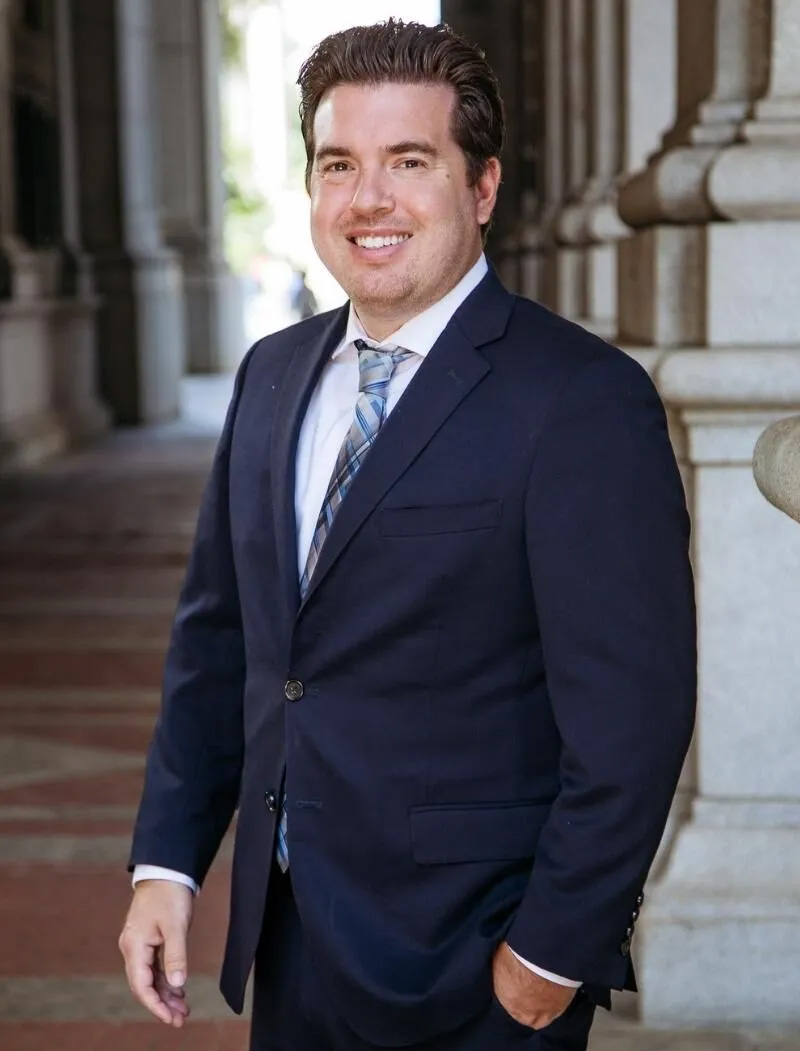Trusts play a vital role in building a solid estate plan. Working with a skilled trust lawyer in Nassau County can help you structure your estate to protect your assets and ensure a smooth transfer to your loved ones. When thoughtfully crafted, tools like trusts and wills can provide clarity, minimize complications, and safeguard your legacy.
Establishing a trust may help you avoid the lengthy probate process and reduce potential capital gains taxes. Before setting up a trust in New York, it’s wise to consult with an experienced estate planning attorney serving Nassau and Suffolk Counties. At Schlessel Law, PLLC, attorney Seth Schlessel offers trusted guidance to help families secure their future.









